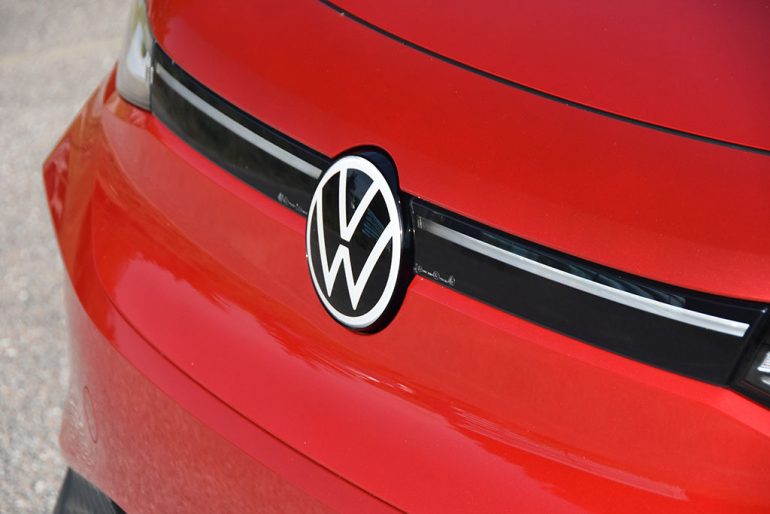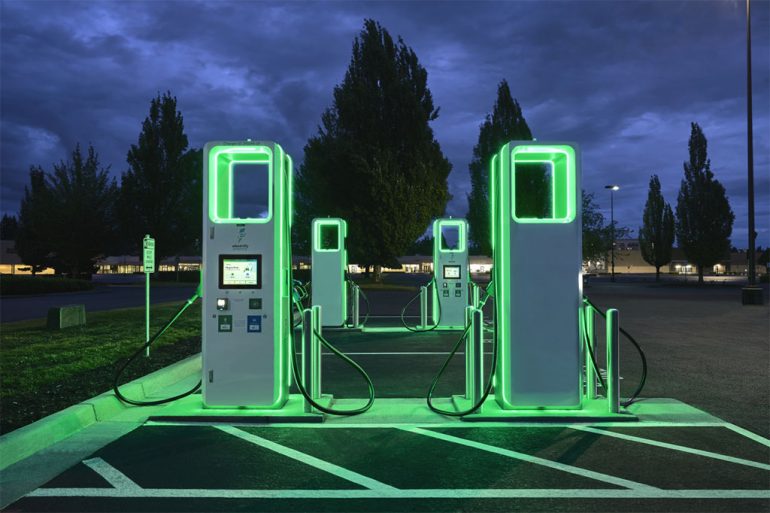
Volkswagen is currently engaged in discussions with Tesla to potentially adopt its North American Charging Standard (NACS), a move that reflects a growing trend among automakers and charging equipment manufacturers. Notably, Ford, General Motors, and ChargePoint have recently embraced Tesla’s charging design.
Volkswagen Group, along with its brands, is actively assessing the implementation of the Tesla NACS for its North American clientele. The German automaker has a substantial presence in the region and has sold nearly 16,000 electric vehicles (EVs) in the United States during the first quarter, showcasing its commitment to the EV market. In comparison, its EV sales were only around 7,900 units a year ago.
While Volkswagen deliberates on adopting the NACS, it will continue to offer its widely used Combined Charging System (CCS) connector during the transition period. This connector has gained significant popularity and serves as a vital charging option for EV owners.
Electrify America, Volkswagen’s EV charging network subsidiary, currently operates over 850 charging stations across the United States and Canada, equipped with approximately 4,000 chargers. The company’s aim is to expand and enhance the charging infrastructure to support the growing number of EVs on the road. Electrify America announced its decision to embrace Tesla’s EV charging standard, making it the latest company to align itself with this technology. As part of its commitment Electrify America has stated that it intends to integrate Tesla’s North American Charging Standard (NACS) connector into its fast charging networks in both Electrify America and Electrify Canada by 2025.

In addition to adopting the NACS connector, Electrify America has confirmed that it will continue to offer the Combined Charging System (CCS-1) connector across its charging network. This move demonstrates the company’s dedication to supporting industry-wide standards that foster vehicle interoperability and streamline public charging processes.
On the other hand, Tesla, known for its Supercharger network, has taken steps to broaden its charging options. It has started incorporating CCS connectors at some of its U.S. charging stations. This strategic decision aligns with the Biden administration’s efforts to facilitate the expansion of charging networks through substantial subsidies.
Tesla’s Superchargers, accounting for approximately 60% of fast chargers in the United States according to the U.S. Department of Energy, have been instrumental in bolstering the convenience and accessibility of electric vehicle charging.
In a separate development, Polestar, a Swedish electric vehicle manufacturer, has entered into an agreement with Tesla. Under this agreement, Polestar customers in the United States and Canada will gain access to Tesla’s charging network, further expanding the charging options available to EV owners in the region.

Mike Floyd is a finance executive by trade and a car enthusiast at heart. As a CFO with a keen eye for detail and strategy, Mike brings his analytical mindset to the automotive world, uncovering fresh insights and unique perspectives that go beyond the surface. His passion for cars—especially his favorite, the Porsche 911, fuels his contributions to Automotive Addicts, where he blends a love for performance and design with his professional precision. Whether he’s breaking down industry trends or spotlighting emerging innovations, Mike helps keep the site both sharp and forward-thinking.